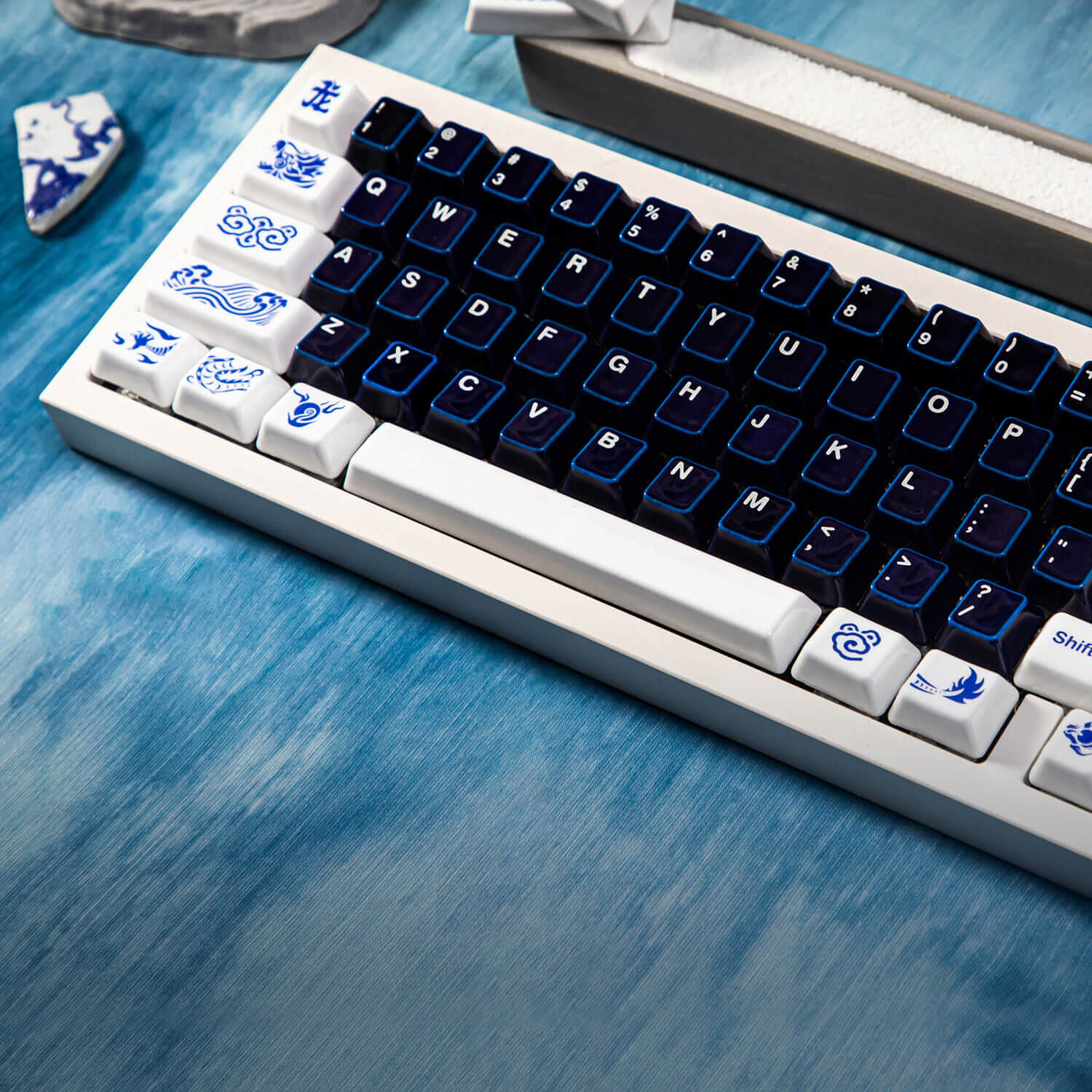Whether you're a gamer, a programmer, or someone who spends long hours typing, you may have encountered discomfort in your wrists or even signs of repetitive strain injury (RSI). One solution that often gets overlooked is the wrist rest. But is it really necessary? In this guide, we’ll explore the benefits of using a wrist rest, the different types available, and how to choose the right one for your needs.
Why Consider a Wrist Rest?
1. Reducing Wrist Strain
When typing or gaming for extended periods, your wrists may remain in a flexed or extended position, putting unnecessary strain on the tendons. A properly designed wrist rest keeps your wrists in a neutral position, reducing the risk of developing conditions like carpal tunnel syndrome or tendonitis.
2. Improving Ergonomics
Ergonomics is more than a buzzword—it’s a necessity for anyone working at a desk. A wrist rest helps align your hands, wrists, and arms in a way that minimizes pressure points and promotes comfort. This small adjustment can significantly enhance your typing or gaming experience.
3. Boosting Productivity
Comfort plays a major role in productivity. By eliminating wrist discomfort, you’re more likely to maintain focus and work efficiently over longer periods without breaks caused by fatigue or pain.
Types of Wrist Rests
When shopping for a wrist rest, you’ll notice a variety of materials, sizes, and designs. Here are the most common types to consider:
1. Gel Wrist Rests
Gel wrist rests are popular for their soft, squishy texture that conforms to your wrist’s shape. They provide excellent comfort and are easy to clean, making them a top choice for office and home use.
2. Memory Foam Wrist Rests
Memory foam models offer a plush feel and great support. They’re ideal for those seeking a firmer option that adapts to their wrist contours over time.
3. Silicone or Rubber Wrist Rests
These are often durable and provide a more solid feel compared to gel or foam. They’re a good choice for gamers who need consistent support during fast-paced sessions.
4. Wooden or Hard Wrist Rests
Though less common, wooden wrist rests are loved for their minimalist aesthetic and durability. They’re often paired with mechanical keyboards and cater to users who prefer a firmer surface.
How to Choose the Right Wrist Rest
Selecting the best wrist rest requires some thought. Here are the factors to consider:
1. Size and Compatibility
Your wrist rest should align perfectly with your keyboard. A full-sized keyboard will need a longer wrist rest, while a compact or tenkeyless (TKL) keyboard might require a smaller one. Always check the dimensions before buying.
2. Material Preference
Consider how each material feels against your skin and whether you’ll be using it in a warm or cool environment. For instance, gel wrist rests might feel cool to the touch, whereas memory foam provides a warmer feel.
3. Anti-Slip Features
A good wrist rest should stay in place during use. Look for models with non-slip bases to ensure stability, especially if you tend to type or game vigorously.
4. Durability
While softer materials like gel and foam are comfortable, they may wear out faster than silicone or wood. Assess your usage patterns and balance comfort with longevity.
Do You Really Need a Wrist Rest?
While not everyone needs a wrist rest, it can be a game-changer for those spending hours at their keyboard. If you’ve ever experienced wrist discomfort or are concerned about long-term health risks, investing in a wrist rest can be a small but impactful step toward better ergonomics and comfort.
Who Benefits Most?
-
Office Workers: To alleviate daily typing strain.
-
Gamers: For improved control and comfort during long gaming sessions.
-
Creatives: Designers and video editors who use keyboards and mice extensively.
-
Programmers: For maintaining focus during long coding sessions.
Conclusion
A wrist rest isn’t just an accessory—it’s an ergonomic investment that can enhance comfort, reduce strain, and improve productivity. By understanding the benefits, exploring the available types, and choosing the right one for your needs, you can create a workspace that’s both functional and comfortable. Your wrists will thank you!




Leave a comment
This site is protected by hCaptcha and the hCaptcha Privacy Policy and Terms of Service apply.